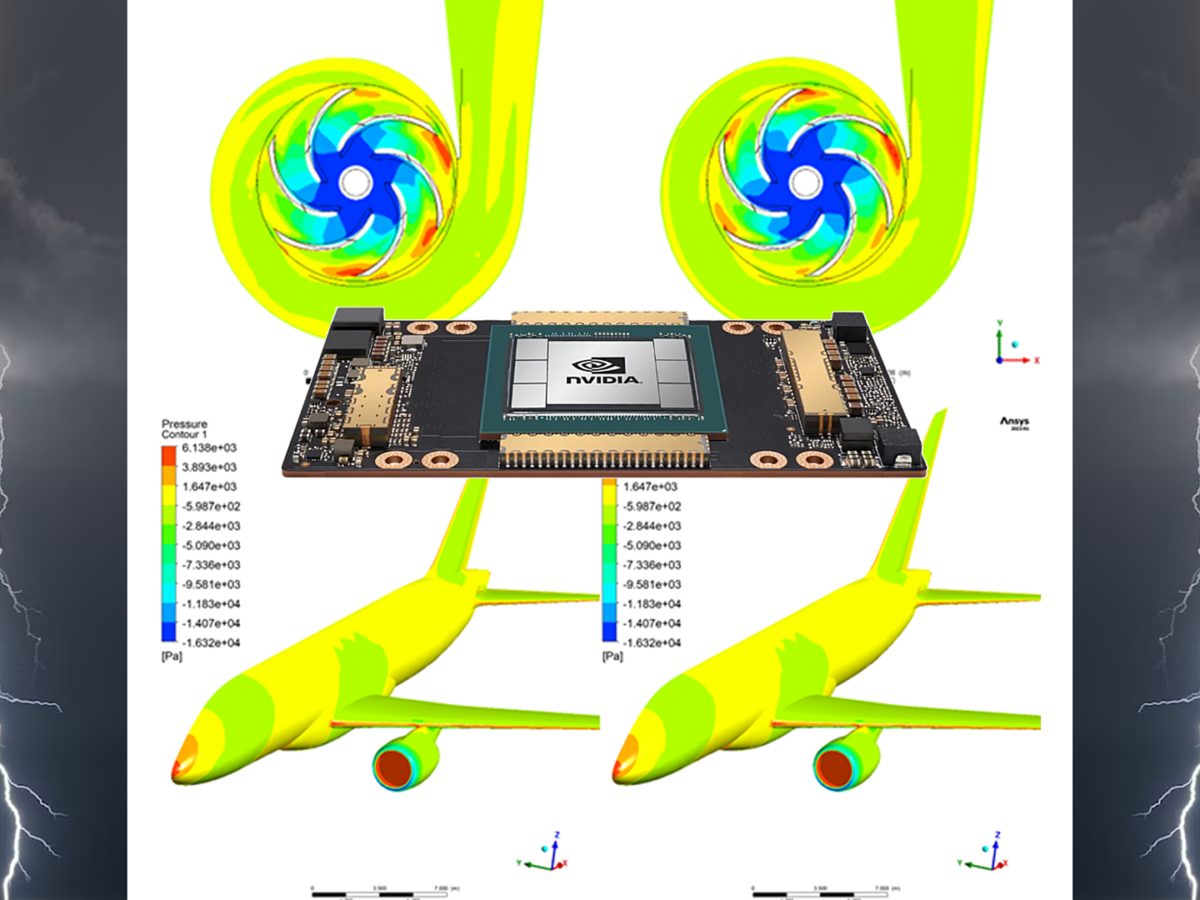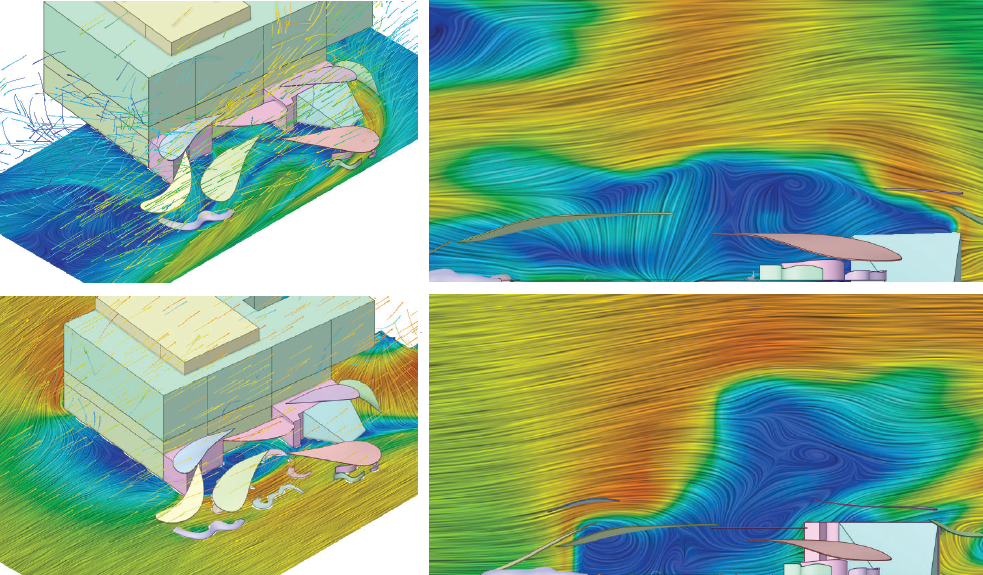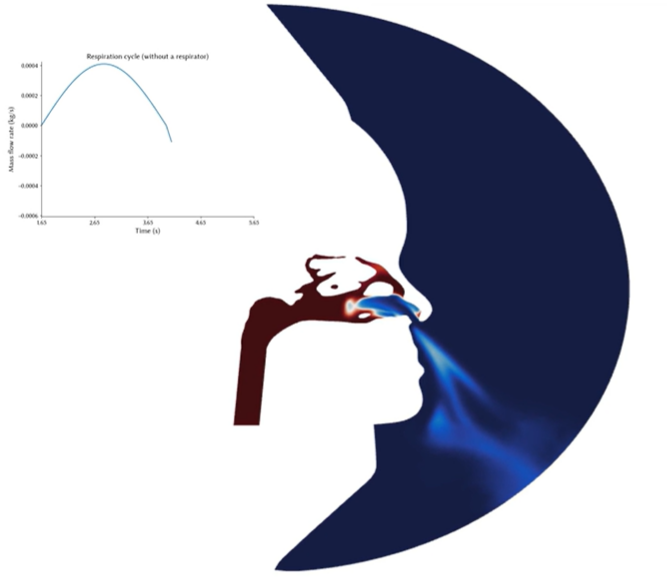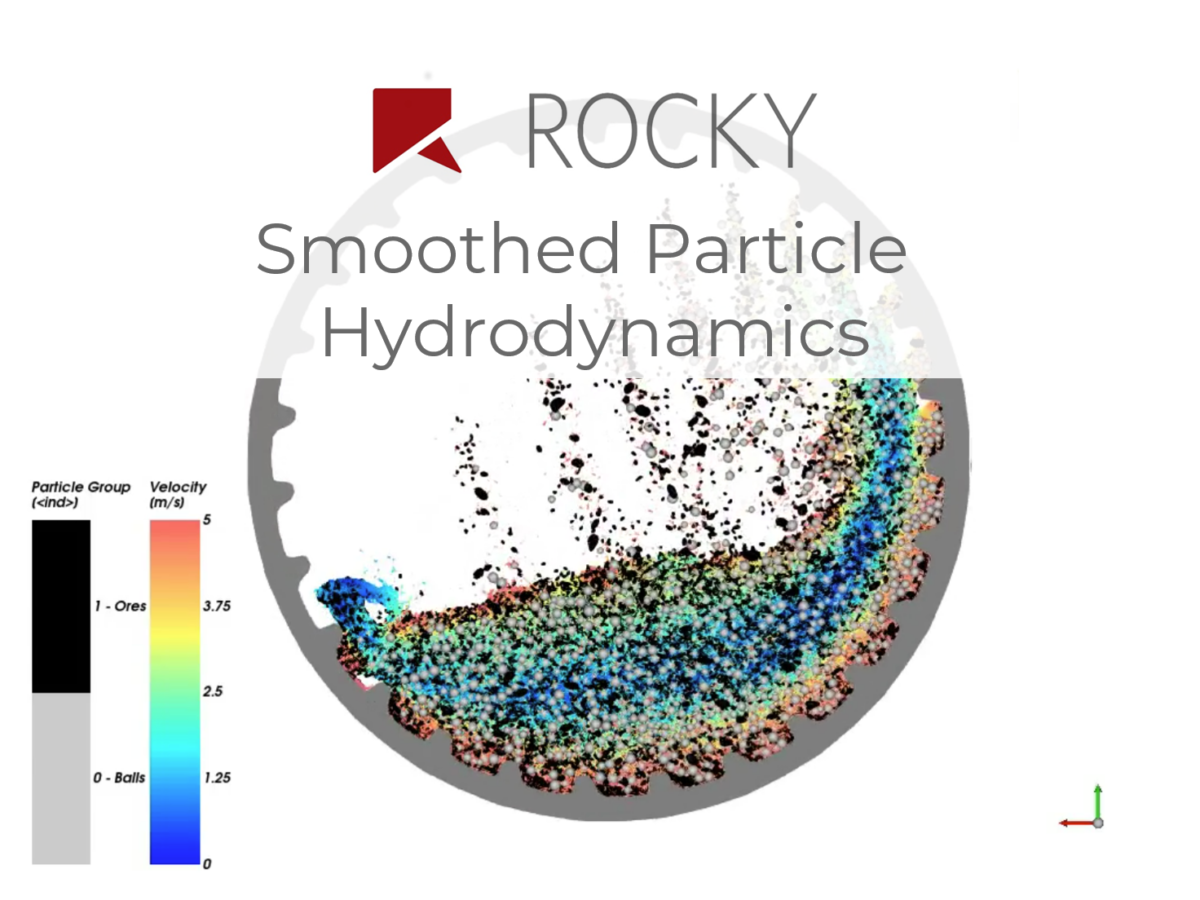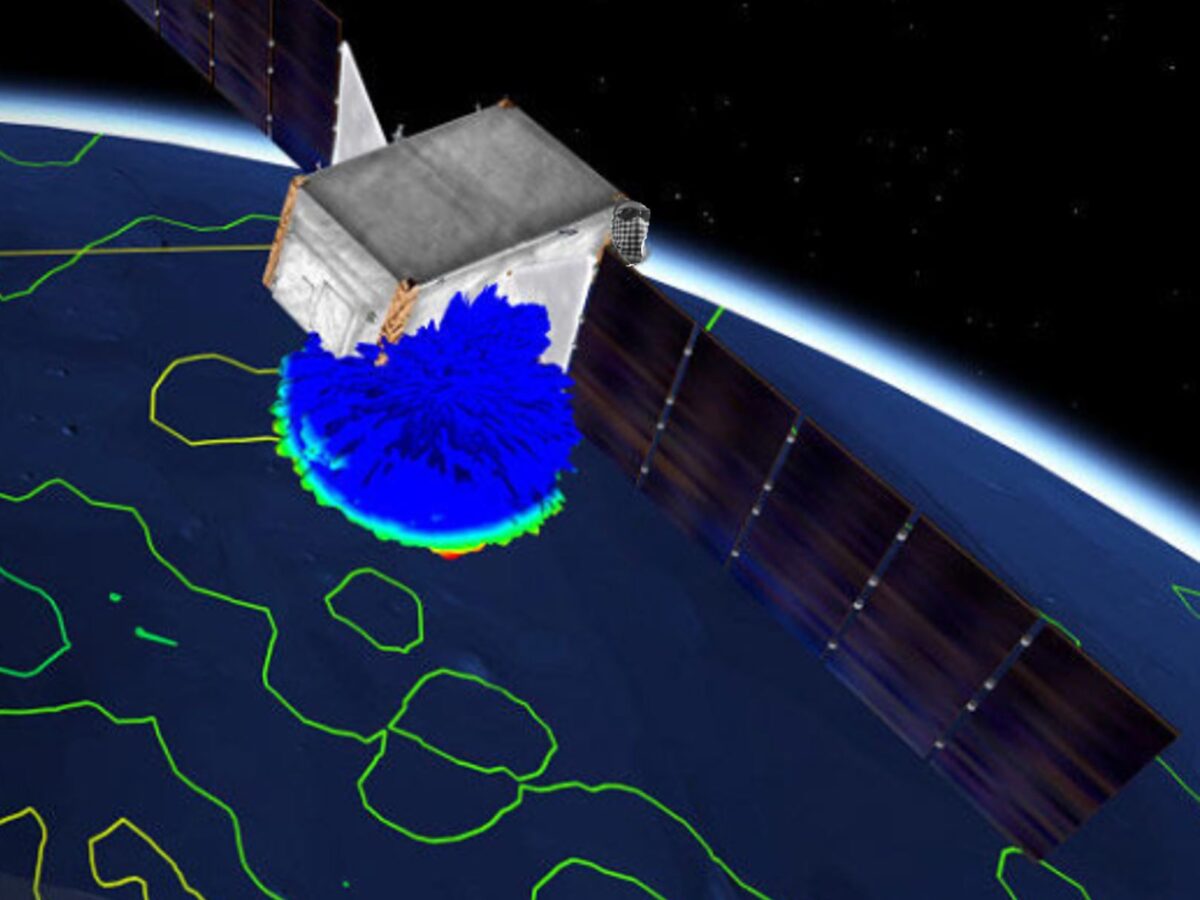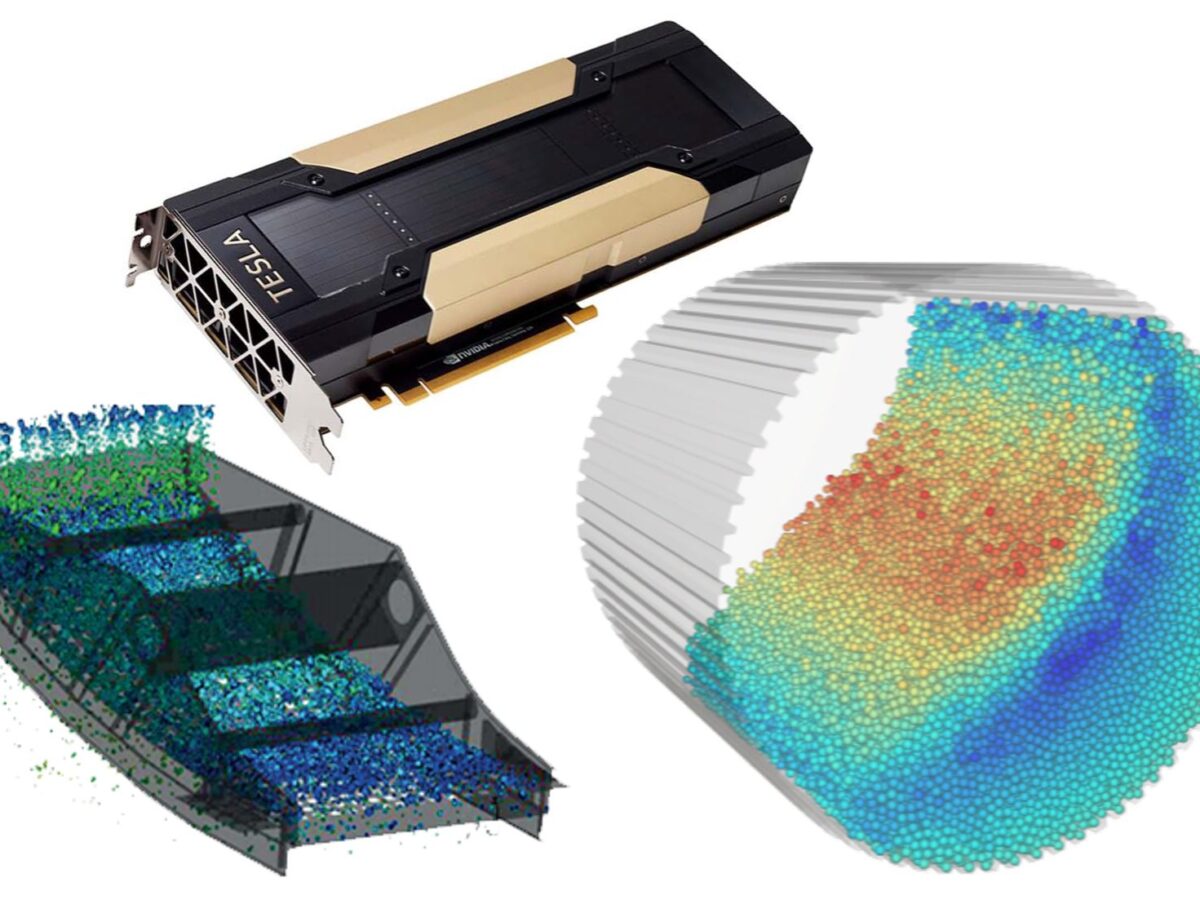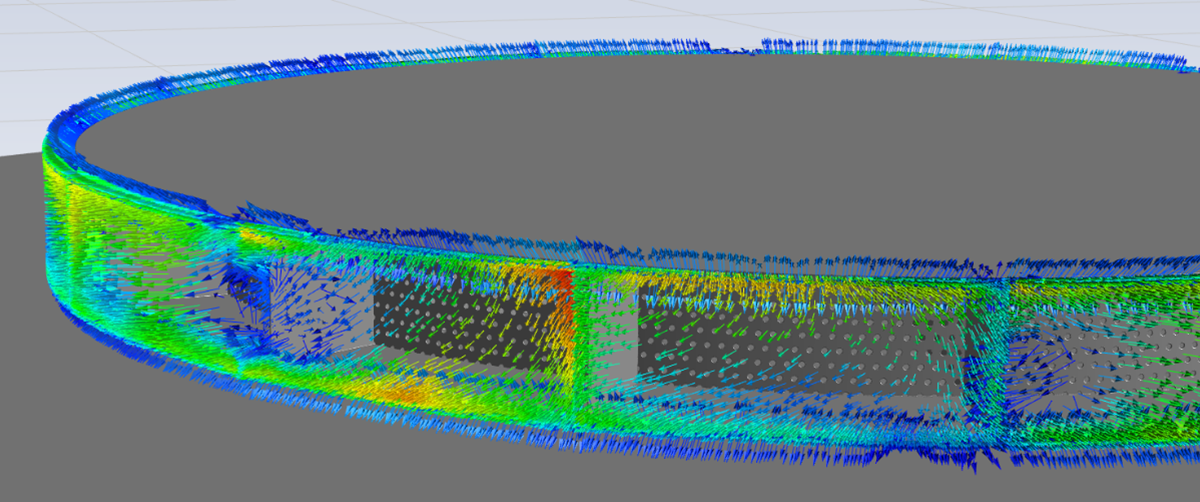Here we benchmark Fluent's new fully-native GPU (Graphics Processing Unit) solver, available since the 2023R1 release, which has delivered impressive numbers on our tests that include both high-end (A100 GPU - over five times faster than a baseline using 80 CPU cores) and standard 8GB GPUs that are probably similar to one you're already using (still delivering a 3x3x speedup over an 8 core Intel Xeon W-11955M CPU).
Q&A with Wendy Walls whose research and teaching aims to deliver innovative design methodologies for urban open spaces, designed in response to a changing climate. Learn how Wendy's use of Ansys Discovery has provided an engaging way to teach landscape design students the critical concepts involving airflow and heat transfer in urban design.
Our curated highlights from a recent SCONA event (SCONA is the Society for Computational fluid dynamics Of the Nose and Airway) that illustrate the power of using CFD for applications relevant to our understanding of the nose and airway. SCONA 2023 was held recently in Brisbane, Australia.
The engineering behind the scenes of Horonuku – the successful attempt by ETNZ to break the wind-powered land speed record, drawing upon experience from engineers across ETNZ whose careers have focused on the complex physics of aerodynamics, dynamics, structural mechanics and composite materials.
This blog provides highlights from Conflux’s presentation on their CFD heat exchange calculations at the 2021 Australasian Ansys Fluids user group. Learn how a mix of design engineers, simulation experts and additive manufacturing specialists are creating cutting-edge heat transfer solutions with the aim of revolutionising the heat exchange technologies used across many industries.
Learn how Rocky 2022R1 now offers an integrated Smoothed Particle Hydrodynamics (SPH) method to help simulate the interaction of solid particles with fluids with high viscosity, high deformation and/or complex free surfaces.
Ansys 2022 R1 is now available - watch our recent update session with Prof. David Fletcher who discussed the new features of greatest interest to our customer base, including improvements in performance, usability, speed and model physics.
Learn how recent developments in Ansys provide a new “optical CFD” workflow to help more accurately simulate the complex interactions between the flowfield and electromagnetic fields in the Electro-Optics / Infra-Red (EO/IR) range. This helps engineers to improve their simulations of flow field phenomena around fast-moving vehicles and improve the performance of EOIR sensor signals for tracking hypersonic vehicles.
Engineers running particle simulations now not only demand faster solution times but also want to increase the fidelity of their DEM simulations using millions more particles. Fortunately, advances in GPU capabilities have meant that Rocky DEM customers can take advantage dedicated GPU-based solvers - but what is the hardware sweet spot for different problem sizes? Here we review a comprehensive set of benchmarks completed by the Rocky DEM developers comparing solve times on CPUs vs GPUs.
RayGen explains their vision to accelerate the global transition to renewable energy and how they are using CFD simulation to deliver innovative solar infrastructure projects such as their unique ‘PV Ultra’ concentrated PV technology that provides dispatchable electricity, heat, cooling and desalinated water, all day and night.
